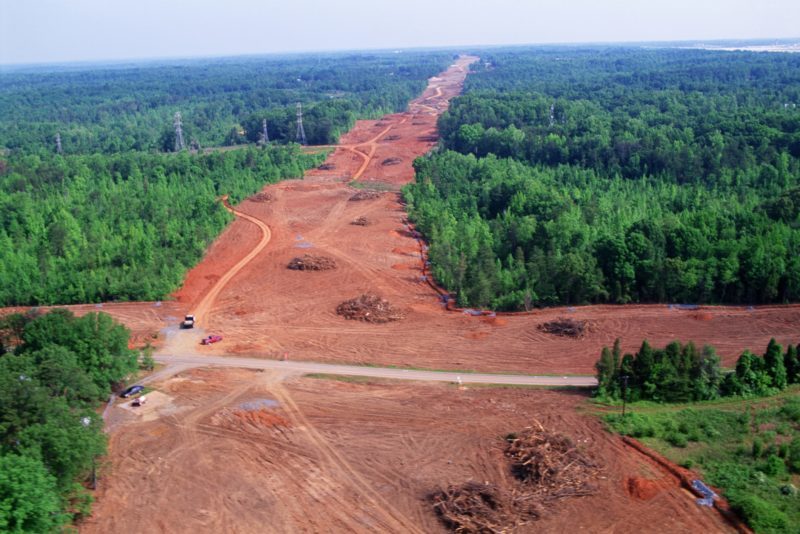IPCC releaseda statementnoting that better land management is far from the only solution to tackling climate change, but that it will be necessary: Land must remain productive to maintain food security, given an increasing population and the negative impacts of climate change. However, Jim Skea, co-chair of IPCC Working Group III, said in the release: “Agriculture, forestry and other types of land use account for 23% of human greenhouse gas emissions. At the same time, natural land processes absorb carbon dioxide equivalent to almost a third of carbon dioxide emissions from fossil fuels and industry.”
Hans-Otto Pörtner, co-chair of IPCC Working Group II, added: “Land already in use could feed the world in a changing climate and provide biomass for renewable energy, but early, far-reaching action across several areas is required for the conservation and restoration of ecosystems and biodiversity.”
The report makes it clear that climate change is affecting food availability, access, utilization, and stability—all four pillars of food security.
Debra Roberts, co-chair of IPCC Working Group II, noted that “Balanced diets featuring plant-based foods, such as coarse grains, legumes, fruits and vegetables, and animal-sourced food produced sustainably in low greenhouse gas emission systems present major opportunities for adaptation to and limiting climate change.”
Related: Climate-Friendly Diet Healthier for People and the Planet
Other ways to adapt include “Reducing inequalities, improving incomes, and ensuring equitable access to food so that some regions (where land cannot provide adequate food) are not disadvantaged.” Low population growth, improved nutrition, and lower food waste would also help.The World Is Acting
In an attempt to sequester carbon dioxide and restore the landscape, Ethiopian Prime Minister set a goal: Plant 4 billion trees between May and October 2019. And on June 29, he had a more specific goal: 200 million trees in 12 hours. That’s not what Ethiopians did, though. Instead, they broke the world record set by India in 2017, and planted353,633,660 tree seedlingsin 12 hours.
NPRnotes that, as per IPCC’s report, farmland will need to shrink and forests will need to grow to maintain the climate as it is. “For countries that have lost tree cover in the past century,” NPR reports, “reforestation can help suck greenhouse gases out of the air, while also preventing soil from drying up.”
It’s not just trees that sequester carbon, however.CNNnotes that “every plant, from redwoods to soybeans, moves heat-trapping carbon dioxide out of the air and into the ground.” This means that “the right amount innovation, conservation and financial motivation could help modern farmers keep the CO2 there while still making a living and feeding the world.”
CNN reports that farmers are joining a group called Interfaith Power & Light, a national group that uses religion to address the climate crisis. Matt Russell, who was appointed to a Department of Agriculture Committee in the Obama Administration and now operates Coyote Run Farm with his husband and two sons, leads the Iowa chapter. He’s built it by “gathering fellow farmers in church basements and appealing to their faith,” CNN reports. A change in the way farmers are incentivized, he says, could help change the way farmers interact with the climate—if big polluters will have to pay for every ton of carbon burned into the atmosphere, he thinks farmers should get paid for every ton they put in the ground. “We’re not going to get a penny if we’re not at the table,” he says.
And in the meantime, CNN adds, a farmer named Justin Jordan, who operates out of Lacona, Iowa, is taking advantage of a government plan that pays him to devote some of his land to wild prairie. It boosts biodiversity, and, while it costs a bit in the short term, it’ll increase his yield in future seasons. CNN quotes him as saying: “I at least tried. Rather than just throw my hands in the air and say I gave up. I only have 410 acres, but I’m willing to do the best I can with what I got.”










